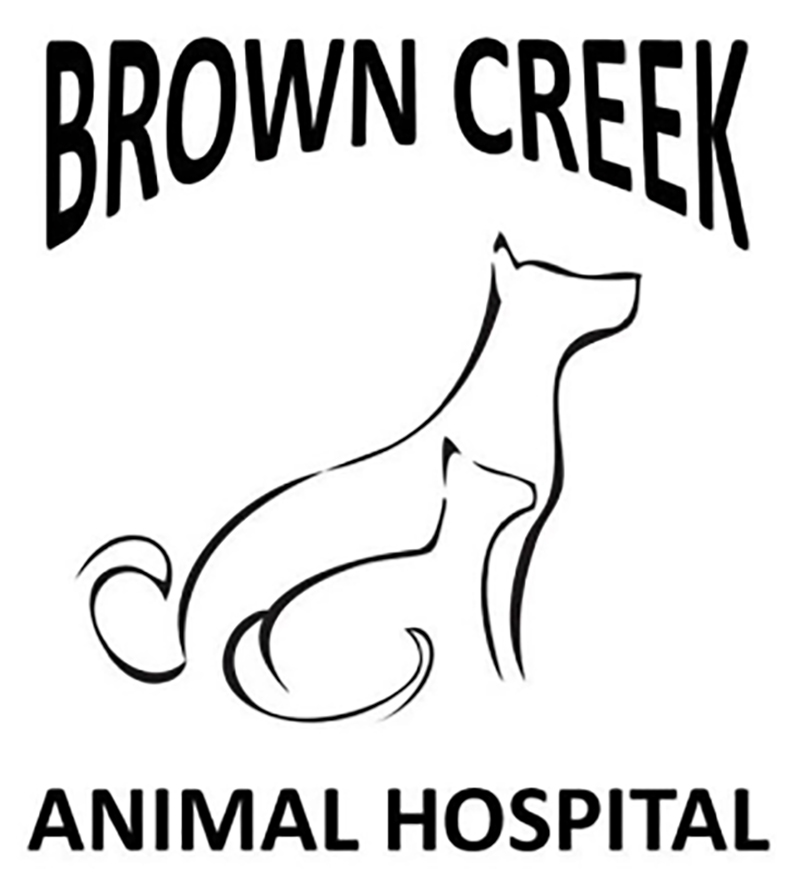Veterinary Services
Pet Preventive Services at Brown Creek Animal Hospital in Polkton, NC
Protect your pets with comprehensive preventive services in Polkton, NC. Brown Creek Animal Hospital offers flea, heartworm, and tick prevention to keep your pets healthy.
Pet Preventive Services: Ensuring Your Pet’s Long-Term Health
At Brown Creek Animal Hospital in Polkton, NC, we prioritize pet preventive services to protect your cherished companions from a range of health risks. Our comprehensive approach includes proactive measures against fleas, ticks, and heartworms, ensuring your pets enjoy a long and healthy life. From tailored prevention plans to expert advice, we’re dedicated to keeping your pets safe and thriving.
Importance of Pet Preventive Services
Pet preventive services are crucial for safeguarding your pet’s health throughout their life. Regular check-ups, vaccinations, parasite control, and screenings for diseases like heartworms are vital components of preventive care. These measures help detect health issues early, ensuring timely intervention and reducing the risk of severe illnesses.
Without preventive care, pets may be vulnerable to diseases that can cause discomfort and pain, and even shorten their lifespan. Additionally, skipping preventive services can lead to higher veterinary costs in the long run due to treatments for preventable conditions. Investing in preventive care not only enhances your pet’s well-being but also promotes their longevity and quality of life.
Failure to provide preventive care can lead to infestations and infections, potentially causing severe health complications for your pet. It’s essential to follow recommended preventive protocols to safeguard your pet’s well-being and avoid the stress and expense of treating preventable illnesses.
Preventive Services Offered at Brown Creek Animal Hospital
At Brown Creek Animal Hospital, we provide comprehensive preventive care to safeguard your pet’s well-being. From flea and heartworm prevention to protecting against tick-borne diseases, our tailored treatments and expert advice ensure your pet remains healthy and happy.
Pet Flea Prevention and Control
Fleas pose a spectrum of health risks for pets, ranging from mild discomfort to severe complications. These parasites not only cause intense itching, irritation, and allergic reactions but also transmit diseases and tapeworms. Dogs, cats, ferrets, mice, and rats can all fall prey to fleas, which can also bite humans.
It’s crucial to prevent these blood-sucking pests from infesting your pets or home. Whether you need to keep them at bay or eradicate an existing infestation, we provide effective solutions. Contact us today to learn how to eliminate and manage fleas or to initiate preventive measures for your pet.
Pet Heartworm Prevention
Heartworm infection is transmitted through mosquito bites, posing a significant risk to dogs and cats alike. These parasites can cause severe damage to the heart, lungs, and blood vessels, potentially leading to fatal consequences. Symptoms of infection vary widely, with some pets showing no initial signs of illness.
Heartworm disease in dogs manifests through several distinct signs:
- Coughing
- Fatigue
- Weight loss
- Difficulty breathing
- Swollen abdomen (caused by fluid accumulation from heart failure)
In severe cases, canine heartworm infection can progress to “caval syndrome,” a life-threatening condition requiring immediate surgical intervention to prevent fatality.
Contrary to common belief, cats can contract heartworm infections. They may develop heartworm-associated respiratory disease (HARD), characterized by subtle symptoms that mimic asthma or allergic bronchitis:
- Rapid or difficult breathing
- Wheezing
- Panting
- Coughing
- Vomiting (typically unrelated to eating)
- Loss of appetite or weight
Diagnosing heartworm infection in cats is more challenging compared to dogs due to these varied and often nonspecific symptoms.
Treating heartworm infection is significantly more costly than prevention—and it can be fatal for dogs. Currently, there is no approved treatment for cats. While some cats may naturally eliminate the infection, others may not survive. Even a small number of adult heartworms can lead to severe complications in cats.
The good news is that there’s a straightforward method to safeguard your dog or cat: regular administration of monthly heartworm preventives. These medications not only prevent heartworms but also provide protection against other parasites such as roundworms, hookworms, whipworms, ear mites, fleas, and ticks. Our team can advise on the most effective preventive regimen tailored to your pet’s needs.
Pet Tick Prevention
Ticks are increasingly prevalent across North America, expanding into regions previously unaffected by these parasites. Beyond mere annoyance, ticks pose significant health risks, potentially causing severe and sometimes fatal diseases such as Lyme disease, Rocky Mountain spotted fever, babesiosis, ehrlichiosis, and tick paralysis. If your pet exhibits symptoms like coughing, joint pain, difficulty breathing, fever, weakness, or changes in appetite, weight, energy, or coordination, please contact us promptly.
The most effective strategy for preventing ticks on your pet is through continuous use of tick preventives. Even indoor pets can be at risk as ticks can hitchhike indoors on clothing or shoes. These preventives are safe and highly efficient in managing ticks and the diseases they transmit. Reach out to us today to ensure your pet’s protection.
If you discover a tick on your dog or cat, remain calm, especially if your pet is already on preventive medication. Some preventives can eliminate ticks post-contact. Since ticks can easily hide under your pet’s fur, we recommend regularly checking for ticks after outdoor activities. Feel free to ask any questions you may have—we’re here to help.

